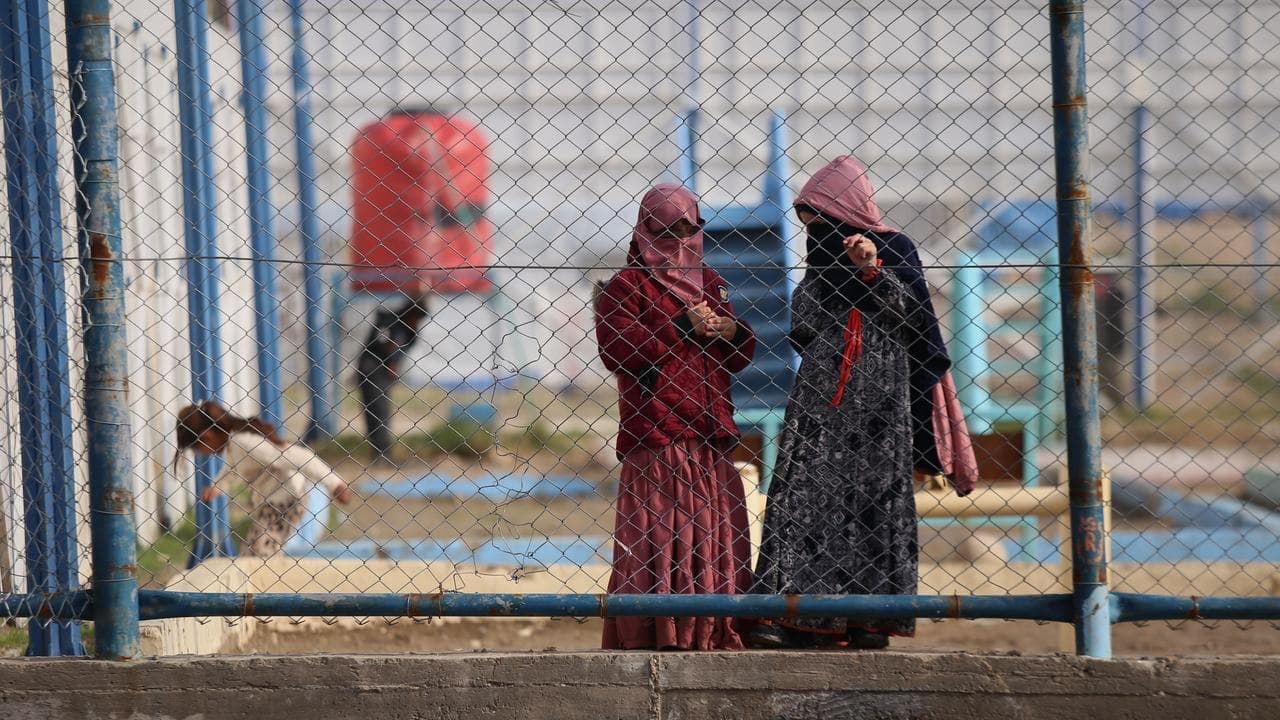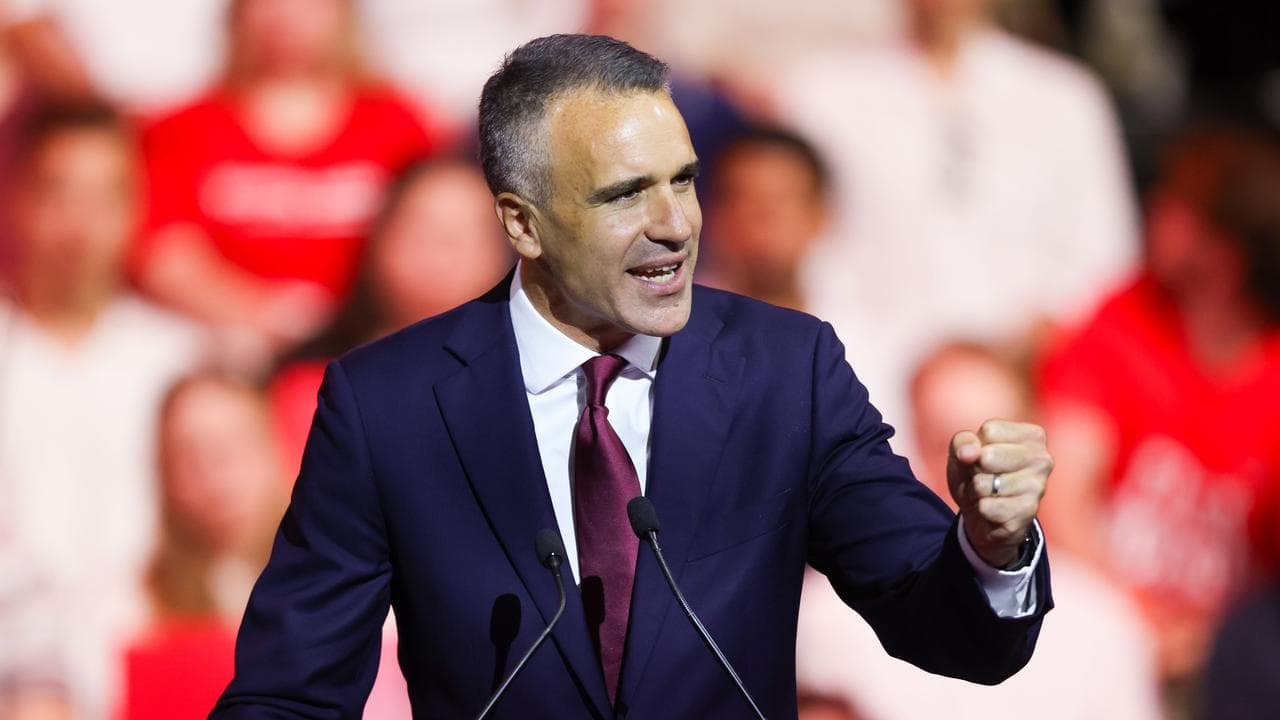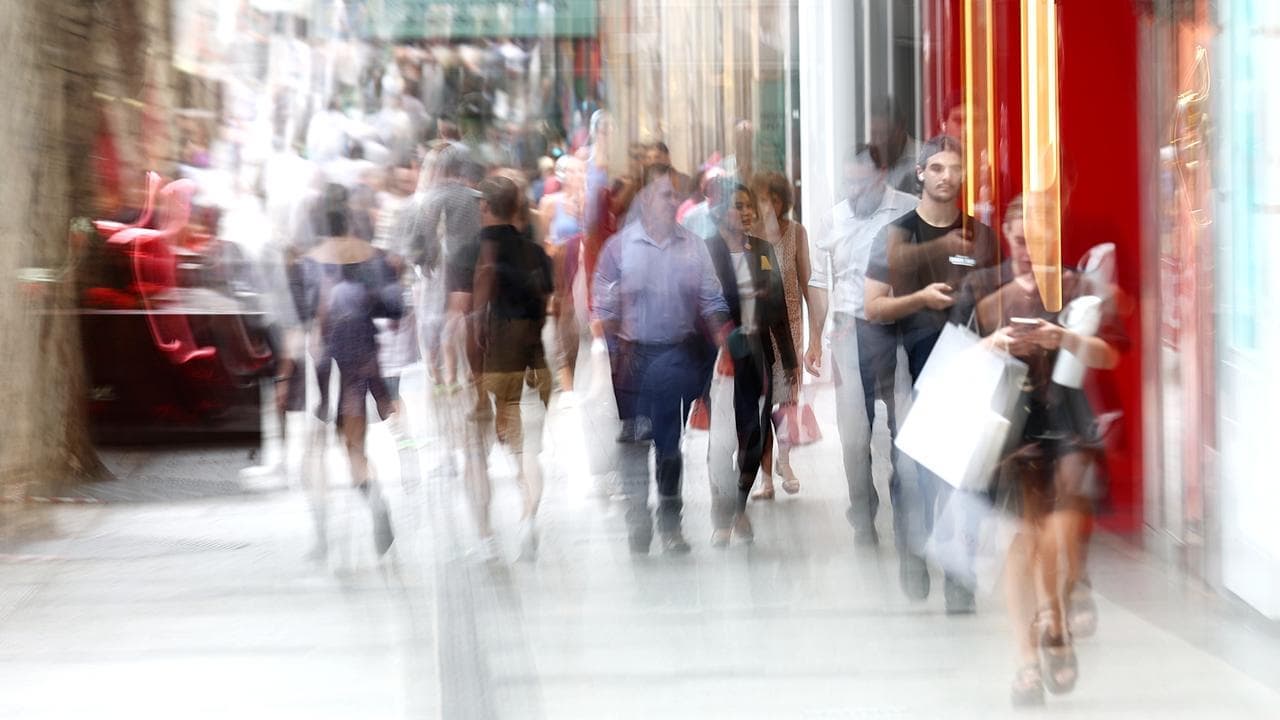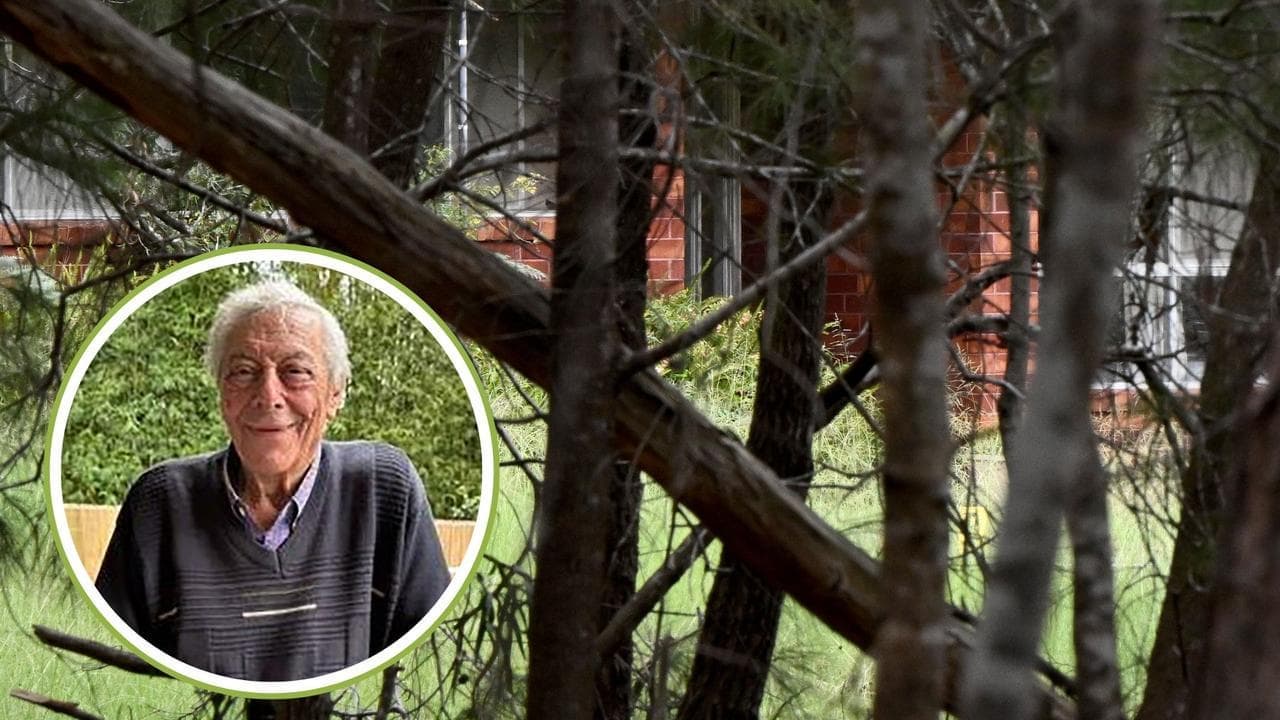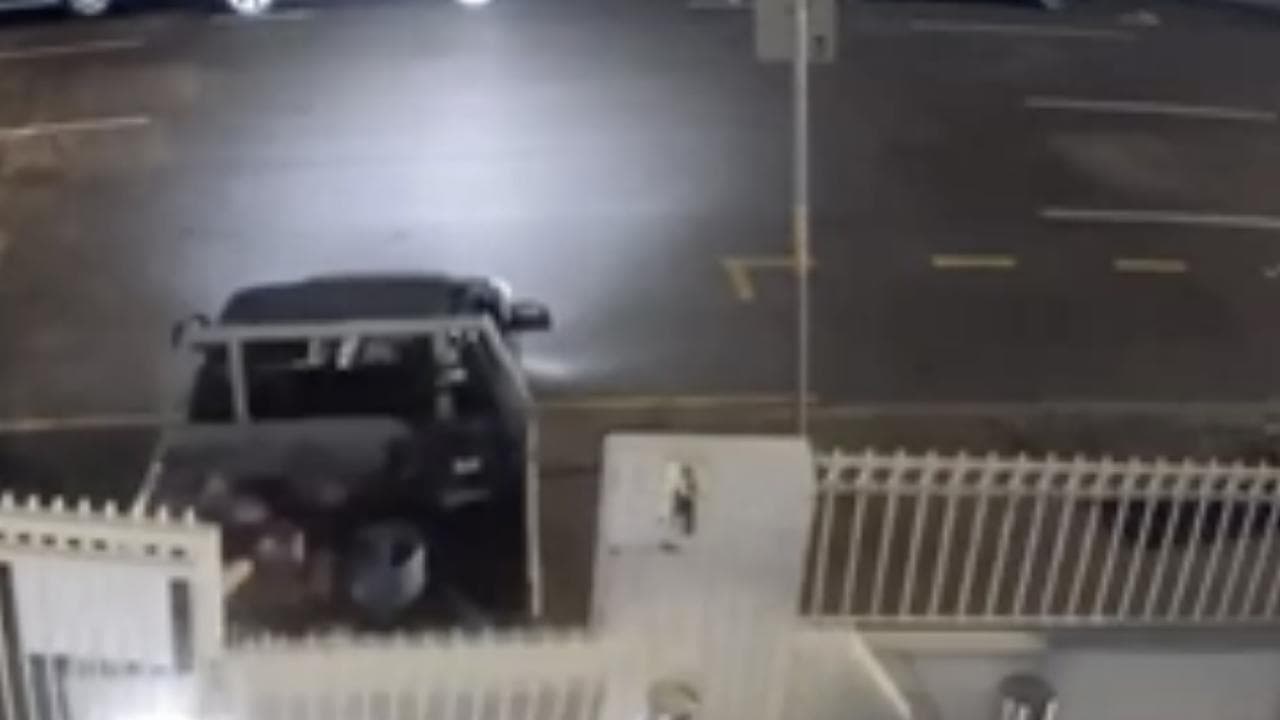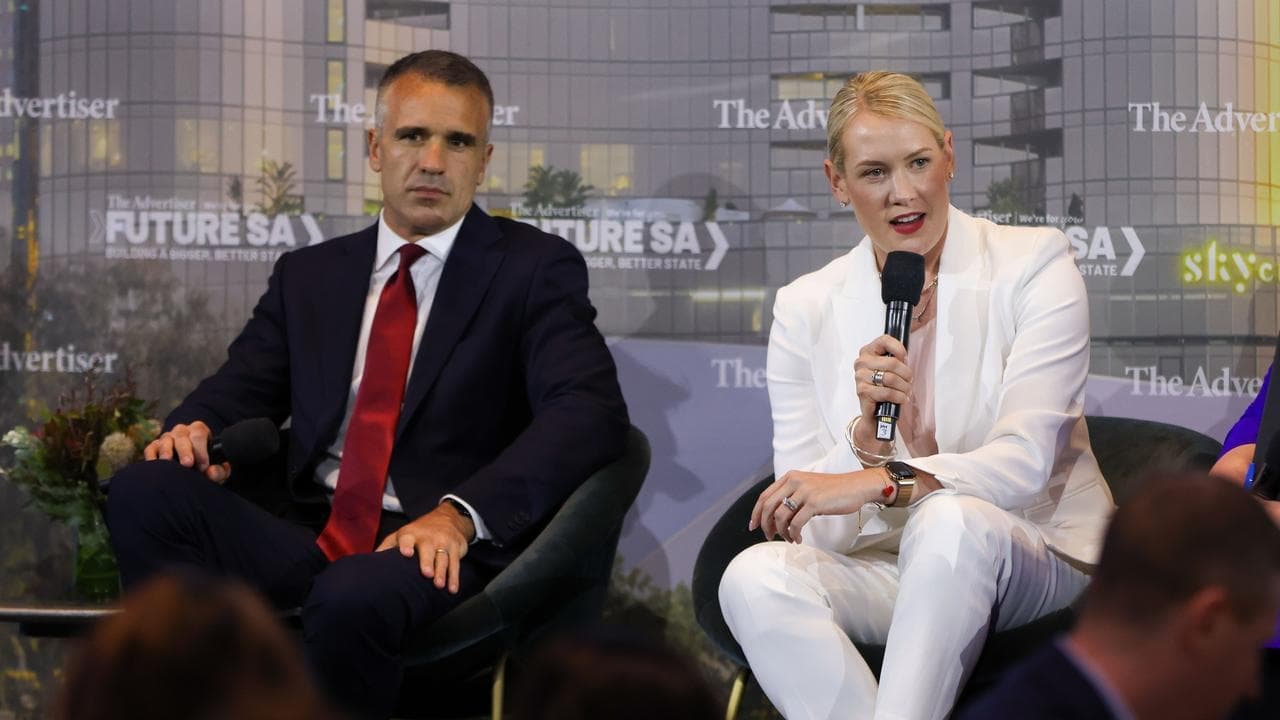The Statement
As Victoria eases its mandatory mask rules for people in outdoor settings, a social media post claims it is "disability discrimination" for businesses to refuse people entry for not wearing a mask.
The post shared by the Facebook page Reignite Democracy Australia on November 21 features a screenshot of an article from The Age which states: "Businesses can refuse entry to shoppers who are not covering their faces."
The article goes on to state that several major retailers, including the Wesfarmers-owned Bunnings, Officeworks and Kmart, "bar unmasked customers from entering their stores, unless they have an exemption".
The post's caption claims that "The Age should be sued for inciting unlawful behaviour".
It continues, "In this article they say that businesses can refuse entry to those not wearing a mask, they are WRONG! It's disability discrimination.
"Why is it so hard for them to read the (Department of Health and Human Services) guidelines. It's there in black and white that you cannot ask to see someone's exemption and you cannot refuse them entry."
Reignite Democracy Australia states it is an "advocacy group representing citizens of Australia". The page has previously posted false information about COVID-19 testing, and suggested vaccines to prevent the virus were "designed by men who want to depopulate the world".
The Facebook post had been viewed more than 19,000 times at the time of writing, attracting more than 70 shares, 720 reactions and 280 comments.

The Analysis
Businesses in Victoria can refuse people entry or service for not wearing masks, however that power does come with limits under the state's mask rules.
Retailers and other enterprises cannot bar entry or service to anyone with a lawful reason for not wearing a mask - such as a medical condition - and people are not required to show proof such as a medical certificate to support their excuse.
In July, the Victorian state government implemented mandatory mask rules for people living in metropolitan Melbourne and the Mitchell Shire when leaving their homes in a bid to control the "concerning increase in coronavirus cases". The edict was extended to the rest of the state in August.
While mask-wearing was made compulsory with non-compliance punishable with a $200 fine, there were also a number of exceptions. They included exceptions for children under the age of 12, those with medical excuses, and in situations when mask-wearing wasn't practical, such as during exercise.
After a tough lockdown followed by a run of 23 straight days of zero new COVID-19 cases, the government announced the easing of face mask rules from November 22.
The new rules stipulate that masks are no longer required outdoors where it is possible to stay 1.5 metres apart, but they remain mandatory in outdoor areas where social distancing is not possible and in all indoor locations, such as in shopping centres or on public transport.
Exceptions under the new rules are similar to those in place with the previous restrictions, and include exemptions for those "affected by a relevant medical condition, including problems with their breathing, a serious condition of the face, a disability or a mental health condition".
According to the DHHS, businesses and service providers can refuse entry or service to people who are not wearing a face mask, unless they have a lawful exemption.
However, a DHHS spokeswoman told AAP FactCheck in an email that people who have a lawful reason for not wearing a face mask in a shop do not need to apply for a formal exemption or permit, or show a medical certificate.
"A business owner will not be fined if a customer refuses to wear a face mask without a lawful excuse. The penalty would be applied to the customer," she said.
The DHHS guidelines note that people with disabilities must also wear face masks, unless "it is unsuitable to do so for medical, physical, communication or other individual risk factors".
The Victorian Equal Opportunity & Human Rights Commission says a person who alerts a shop owner of a disability which prevents them from wearing a face mask but is still refused entry or service, can make a complaint under the Equal Opportunity Act as this may amount to unlawful discrimination.
"If you do not have a disability that affects your ability to wear a face mask or covering and are refused entry or service by a shop owner, you are unlikely to meet the requirements of the lawful exception to public health orders - and the refusal of entry or service is unlikely to be discrimination," the commission says.
It adds that anyone making a discrimination complaint because they were refused service needs to demonstrate "a clear link between their disability and inability to wear a face mask or covering".

The Verdict
The post incorrectly suggests that businesses in Victoria can't bar entry to people not wearing masks. While exemptions for those with medical conditions and disabilities exist under the mask rules, businesses retain the right to bar entry or service to anyone not wearing a mask without a lawful excuse.
Those arguing an exemption, such as on the grounds of disability, do not have to show proof of their reason for not wearing a mask. However, the state's equal opportunity body says anyone taking a discrimination case against a business refusing service would have to show "a clear link" between their disability and inability to wear a mask.
Partly False – Content that has some factual inaccuracies.
* AAP FactCheck is accredited by the Poynter Institute's International Fact-Checking Network, which promotes best practice through a stringent and transparent Code of Principles. https://aap.com.au/







